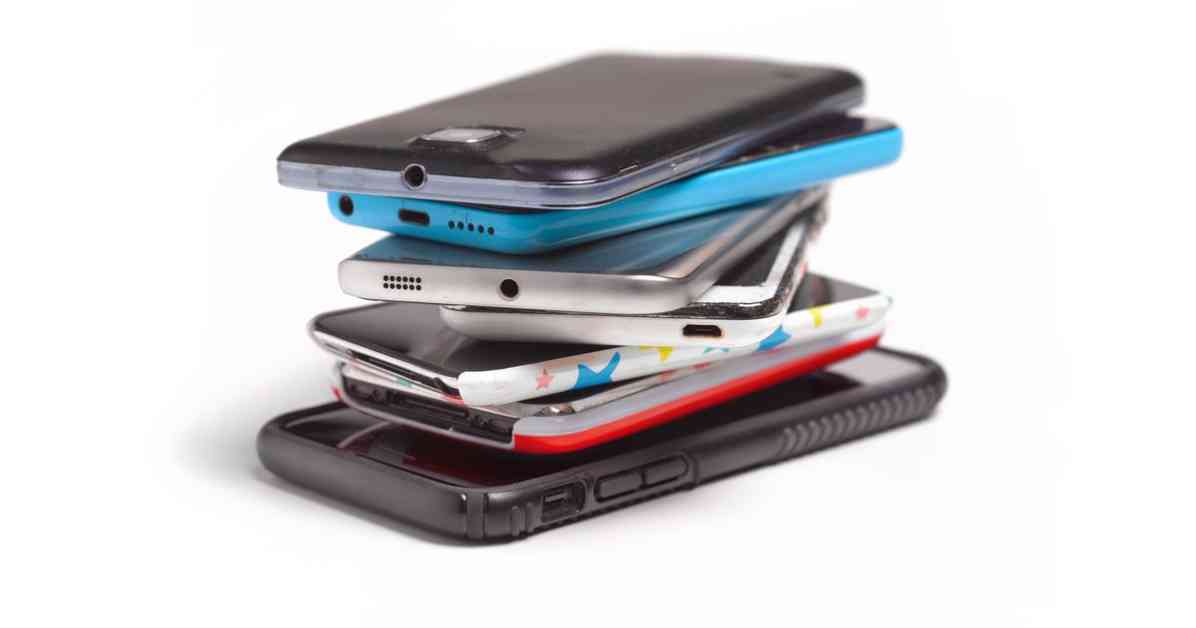Mobile Network Providers to Deactivate Certain Phone Models
In an effort to modernize and improve their services, mobile network providers in the UK are gradually phasing out older 2G and 3G networks. This move will have an impact on customers using outdated mobile devices and services, as the focus shifts towards the more advanced 4G and 5G technologies.
The transition from 2G and 3G to 4G and 5G networks is a significant milestone in the evolution of mobile technology. While 3G networks have been in use since 2003, they are now being phased out to make way for faster and more reliable connections. This change may not affect users with 4G or 5G devices, but some adjustments may be required, such as installing software or settings updates.
When are 2G and 3G networks being switched off?
Each mobile network provider in the UK has its own timetable for phasing out 3G services. Some providers have already completed the switch-off, while others are still in the process. Here is a breakdown of the timelines for the main providers:
– Vodafone completed its switch-off in early 2024.
– EE completed its switch-off in early 2024.
– Three expects to switch-off by the end of 2024.
– O2 is planning to switch-off in 2025.
These four providers are the main players in the UK mobile market, with other smaller companies offering their services over these networks. For example, Lebara Mobile, Asda Mobile, Talk Mobile, and VOXI operate on the Vodafone network, while Your Co-op, 1p Mobile, Utility Warehouse, and others use the EE network.
Do I need to replace my phone?
If you are using an older device that does not support 4G or 5G technology, you may need to replace it with a newer model to continue accessing mobile data. Your provider will notify you if your device is affected, so be on the lookout for any messages from them. If affordability is a concern, inform your provider as they may offer support or suggest budget-friendly options. Basic 4G handsets are available for as little as £10, making it easier for customers to upgrade their devices.
Customers using EE, Vodafone, and O2 networks with older devices will still be able to make calls and send texts after the 3G switch-off, as these services can utilize the 2G network. However, the 2G network is not designed for data services, so customers with older devices may lose access to most mobile data services. Customers with devices that can connect to Wi-Fi can still use this to access data services.
Three does not have a 2G network, so customers using the Three network with older devices will need to upgrade to ensure they can continue making calls, sending texts, and accessing mobile data after the 3G switch-off in 2024.
Impact on Care Alarms, Security Alarms, and Payment Terminals
Aside from individual mobile devices, other systems such as care alarms, security alarms, and payment terminals may also be affected by the switch-off of 3G networks. If you rely on any of these devices, it is important to check with your supplier or service provider to see if they need to be upgraded to remain functional.
In conclusion, the phasing out of 2G and 3G networks in the UK marks a significant shift towards more advanced mobile technologies. While this transition may pose challenges for some users, it also opens up opportunities for improved connectivity and enhanced services in the future. Customers are encouraged to stay informed and work closely with their providers to ensure a smooth transition to the new network standards.
Impact on Customers
The phase-out of 2G and 3G networks by mobile providers in the UK will have a significant impact on customers using older devices. While this change is necessary to pave the way for more advanced technologies, it may create challenges for those who are not prepared. Customers should be proactive in checking their devices and seeking guidance from their providers to avoid any disruptions in service.
Future of Mobile Technology
The shift towards 4G and 5G networks represents a major step forward in the evolution of mobile technology. These advanced networks offer faster speeds, lower latency, and improved reliability, providing users with a more seamless and efficient mobile experience. As providers continue to upgrade their networks, customers can look forward to enhanced connectivity and innovative services in the years to come.
Conclusion
In conclusion, the deactivation of certain phone models by mobile network providers in the UK is part of a broader effort to modernize and improve their services. While this transition may pose challenges for some users, it also presents opportunities for enhanced connectivity and innovative technologies. Customers are advised to stay informed, communicate with their providers, and consider upgrading their devices to ensure a smooth transition to the new network standards. By embracing these changes, users can look forward to a more advanced and efficient mobile experience in the future.





















